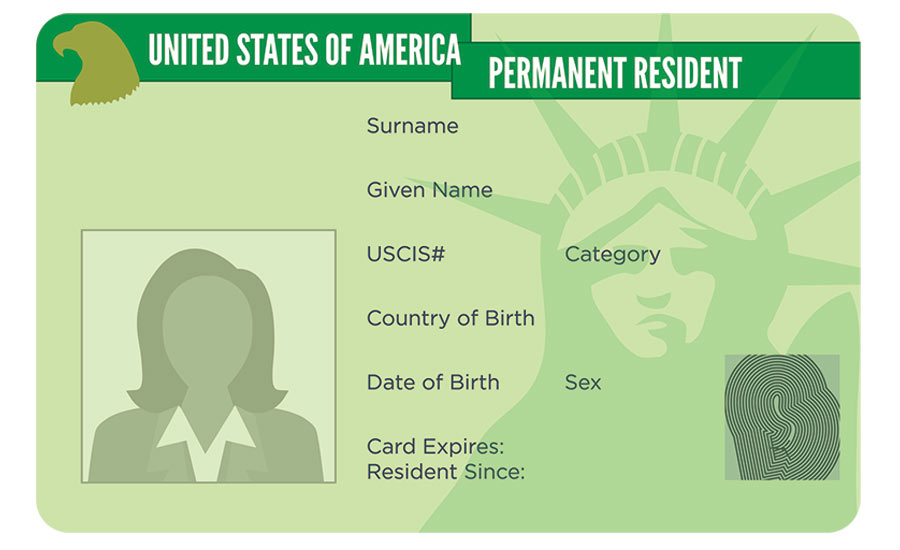Are you looking to write your first resume as an International student, or want to improve your existing resume?
Pat yourself on the back because you are doing the right thing by reading blogs like this to gain better knowledge. It’s a critical step that many will ignore until they get rejected by many recruiters for not having a well-written resume.
On the surface, all professionally-written resumes come off as a “simple” document. But, after reading an article like this, you will quickly understand that you should always write your resume with a specific purpose in mind.
Let’s dive deeper as we discuss the vital components of a professional resume and the best tips for crafting a solid one.
5 Key Components of a Professional Resume for International Students
Here are the essential components every professional resume must have.
- Headline: A concise, relevant summary of at most 4-5 sentences highlighting your expertise and aspirations in your career.
- Personal info: Your full name, email address, phone number, and title.
- Skills: A highlight of your top three to five attributes that position you as an ideal candidate while maintaining a blend of both technical and interpersonal skills.
- Education: The correct name of your school, degree, and academic awards or relevant courses you have completed.
- Experience: List of employment history (if any), including dates, titles, and responsibilities. Include relevant experiences like internships, research, or independent projects.
5 Tips for Crafting a Standard International Student Resume
Here are the top 5 best practices when writing a standard resume for yourself as an international student:
1. Customize to match the job description
There is no one-size-fits-all when it comes to resumes. You need to constantly customize your resume to match the description of each job you apply for.
Review each job’s description and pinpoint the essential keywords associated with the position. These keywords can encompass educational prerequisites, necessary skills, or required experiences.
For instance, if you’re applying to a software development company, take note of any specified programming languages they seek in candidates. Incorporating these keywords into your Resume will prove that you’ve diligently scrutinized the job posting before applying. It can also make your resume successfully navigate automated applicant tracking systems designed to spot specific keywords.
2. Use standard font and spacing
Using appropriate spacing and font style will make your Resume easy to read for hiring experts and recruiters.
In the United States and many countries, it’s typical for Resumes to be confined to a single page. So, to maximize such limited space, you need to make some adjustments to your fonts and page spacing.
Additionally, you can tweak the font styles to emphasize section headings. Keep refining the fonts and spacing until your Resume occupies an entire page without excessive white space.
In some cases, increasing the font size for section headings will mean reducing certain margins so that everything neatly fits on a single page.
3. Mention relevant experience and qualifications
Have you done research or internship in fields related to the job you are applying for?
Or do you have relevant certifications and previous hands-on experience?
Mention every relevant experience, certification, internship, and research in your Resume. This will help recruiters and hiring managers understand that you are not entirely “new” to the field.
Meanwhile, consider providing context about your former employer when discussing previous work experiences. This can be particularly beneficial since potential employers in your country of study may lack extensive knowledge of businesses from other countries.
For instance, if you were employed by one of the largest companies in another nation or a small startup, it’s valuable to elaborate on this to give future employers a clear understanding of the type of organization you were associated with.
4. Let a native speaker proofread for you
Even if you speak the same language as the country you are studying in, don’t hesitate to let a native speaker proofread your Resume.
In many cases, native speakers have a knack for spotting areas where you can fine-tune your self-introduction. If you lack access to native speakers for feedback, you can always turn to online services that offer resume reviews. That’s something the PTMA team does with utmost professionalism.
Subscribe to our International Student Package today, and we’ll help you fine-tune your Resume/CV to become irresistible.
5. Keep it simple
This is the secret sauce that many people overlook, and it always hunts them like a plague.
Hiring managers and recruiters worldwide are bombarded with numerous Resumes and CVs daily. They don’t want to keep reading complex grammar and vocabulary splashed all over your Resume.
Keep things super simple and only use industry jargon where necessary. Write your Resume in a way that any random person can pick it up and be able to understand to an extent what it says about you.
Final Thoughts
If you stick to the tips we’ve provided above, crafting an international student resume should come easy for you. The tips might seem simple and “basic” on the surface, but the pursuit of complexity is why many people’s Resume gets overlooked by recruiters.
Remember, you can always subscribe to our PTMA Student Package if this Resume writing process confuses you. We’ll walk you through the process of preparing a standard Resume that can land you a dream job anywhere in the world.


